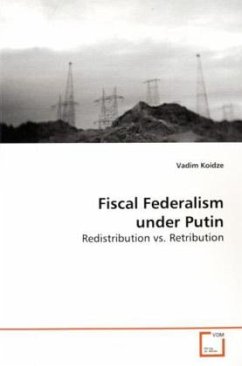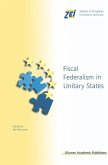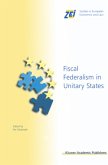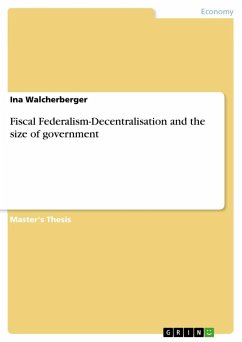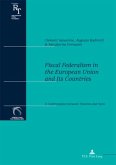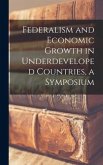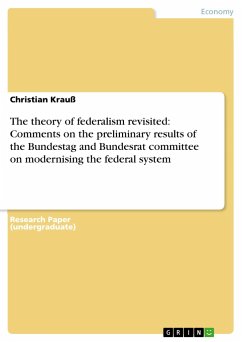While fiscal federalism in Yeltsin s Russia bore an
apparent political character, Putin s accession to
power in 2000 was associated with normalization of
fiscal relations, with intergovernmental transfers
aimed at bridging the gap between the rich and poor
regions. This paper carries out an empirical
investigation of Russian fiscal federalism system
that emerged under Putin and attempts to identify
specific factors that allowed given regions to
augment their fiscal allocation. By limiting the
study to 2001-2003, a time period marked by a
pronounced consolidation of power in the hands of
central government, the paper additionally attempts
to follow the evolution of fiscal relations in
Putin s Russia. The results indicate that Putin s
centralization drive succeeds in depoliticizing
fiscal relations in Russia. Nevertheless, on the eve
of the 2003 parliamentary and the 2004
presidential elections, federal government
selectively used the instruments of fiscal federalism
to discipline opponents.
apparent political character, Putin s accession to
power in 2000 was associated with normalization of
fiscal relations, with intergovernmental transfers
aimed at bridging the gap between the rich and poor
regions. This paper carries out an empirical
investigation of Russian fiscal federalism system
that emerged under Putin and attempts to identify
specific factors that allowed given regions to
augment their fiscal allocation. By limiting the
study to 2001-2003, a time period marked by a
pronounced consolidation of power in the hands of
central government, the paper additionally attempts
to follow the evolution of fiscal relations in
Putin s Russia. The results indicate that Putin s
centralization drive succeeds in depoliticizing
fiscal relations in Russia. Nevertheless, on the eve
of the 2003 parliamentary and the 2004
presidential elections, federal government
selectively used the instruments of fiscal federalism
to discipline opponents.

